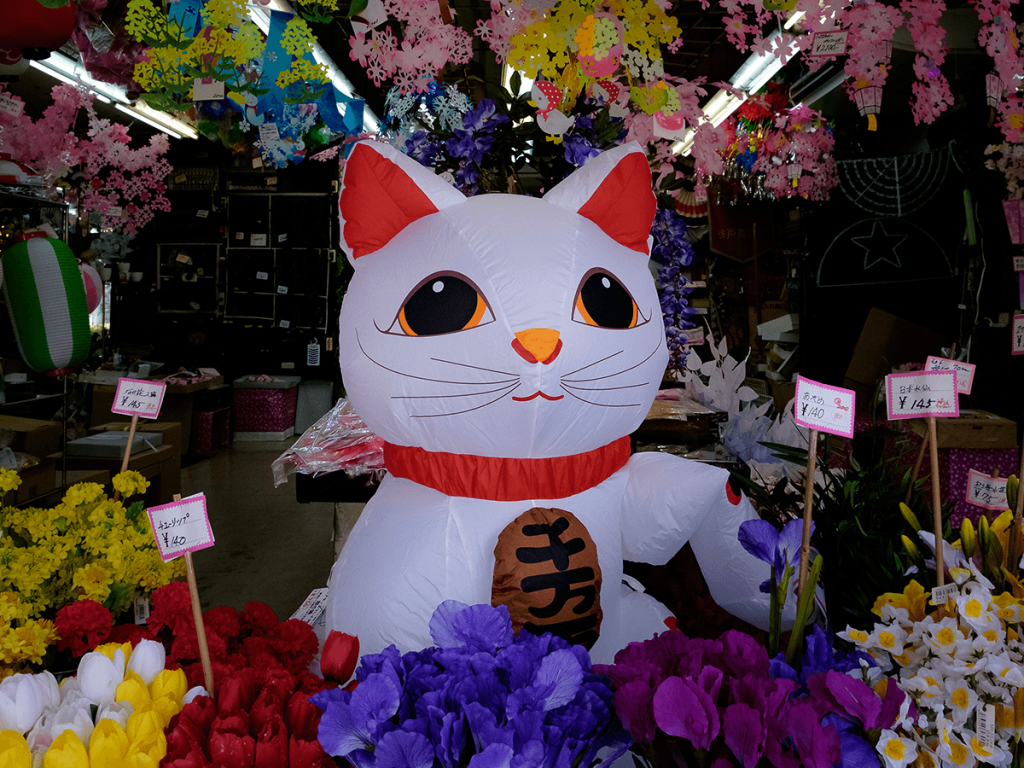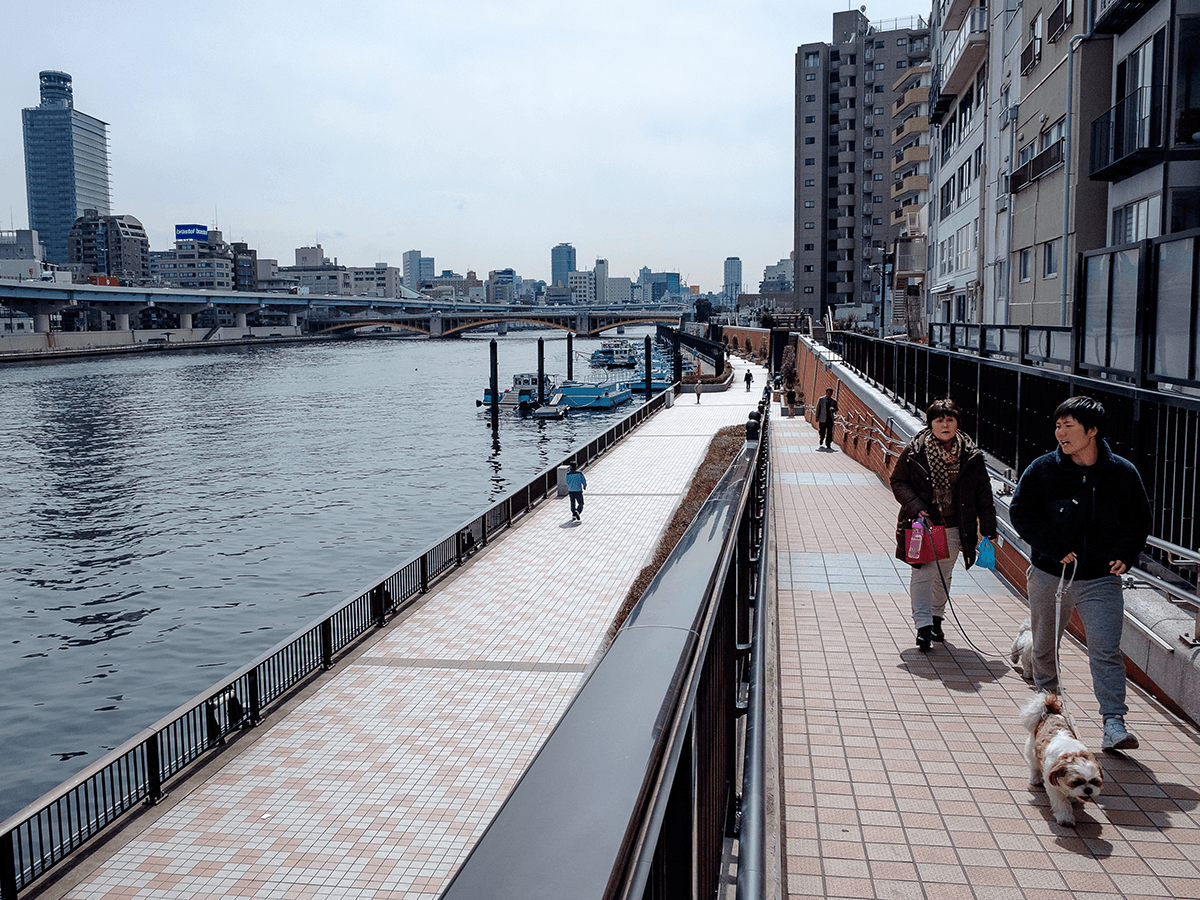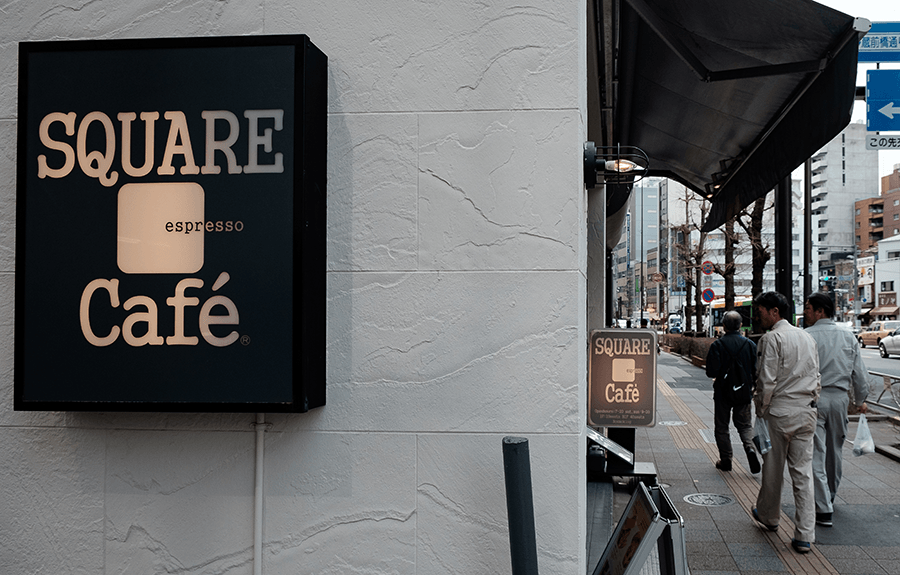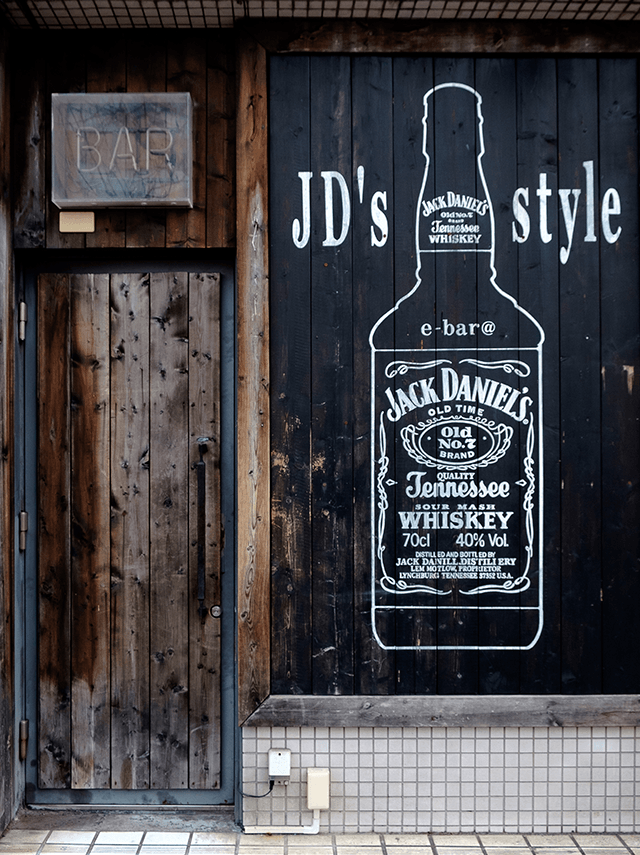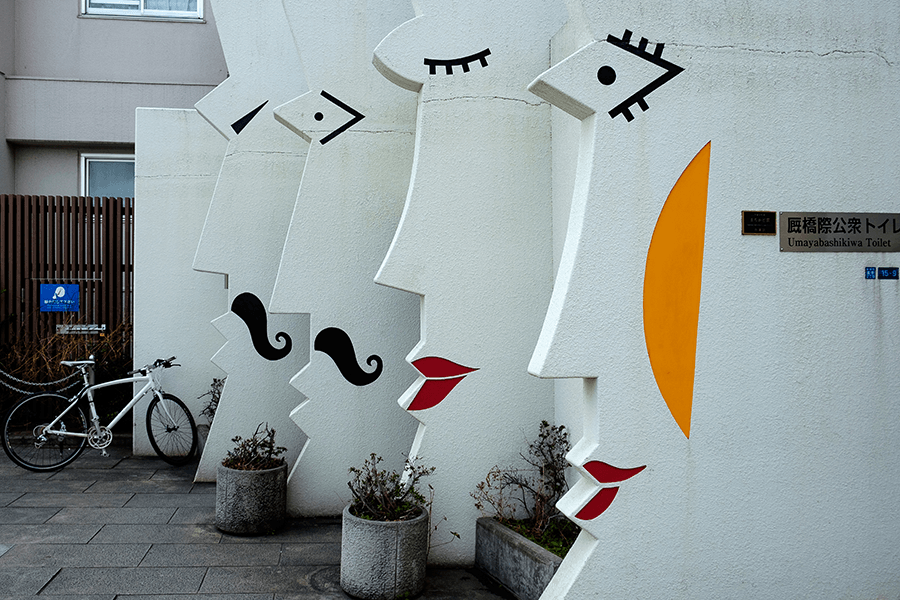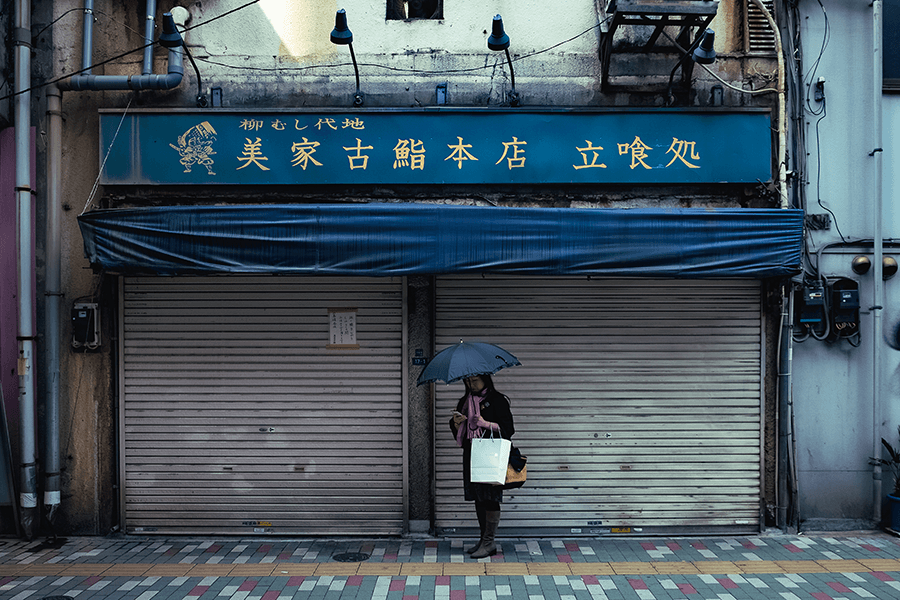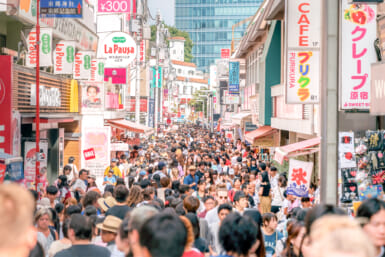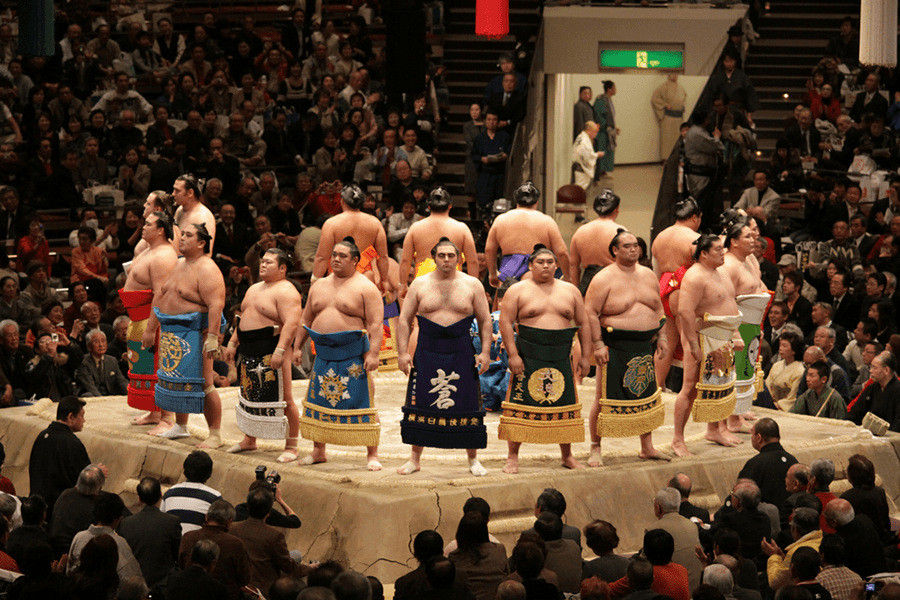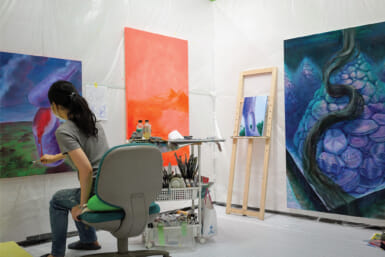This Edo period neighborhood on the Sumida River made its name as a storage site for rice but has sustained relevance into the present through craftsmanship.
Against the Grain
Located on the Sumida River, Kuramae was once a hub for rice granaries, and that’s where it gets its name – kura is “storage houses” and mae is “in front of.” A couple centuries ago, rice was a currency, so Kuramae was a banking district of sorts. As rice downshifted to a commodity and distribution centers disseminated, artisans and craftsmen moved into the neighborhood, taking over warehouses and turning them into workspaces and shops. The proximity to the river still makes this area highly attractive, as in-towners relish the opportunity to stroll or jog along the Sumida River Terrace and enjoy the open space. Kuramae Shrine, established at the nexus of the neighborhood’s economic boom in 1694, is also a hallowed landmark.
The Craft of Kuramae
There’s a whole slew of showrooms to admire the best that Kuramae has to offer in the way of crafts and artisanal products. Yuichiro Murakami’s shop, M+, deals in leather goods, a trade he spent years in Italy learning and whose mastery is manifested in a variety of beautiful bags, wallets and functional accessories. Kakimori is a stationery store that carries the tools needed to keep the art of letter-writing alive and well. For fabrics, Maito exclusively sells products dyed using the kusaki-zome technique – extracting liquids from flowers, roots and leaves. Mokuba specializes in ribbons and offers endless options for wrapping gifts in style. For trendy homewares look for Koncent, curated by renowned design consulting group, H Concept.
Toys in the Attic
In addition to crafts, Kuramae is also home to a number of notable toy stores. Yoshichi Kimura has a variety of traditional kites, hand fans and wooden kokeshi dolls. Yamagata and Isobe Mitsuru are both stocked to the gills with vintage Super Robots, model trains and toy cars. Gun Mall has almost-too-realistic replicas of firearms and all-too-real airsoft weapons for cosplayers and enthusiasts alike. Mainstays Bandai and Epoch have their headquarters in the neighborhood as well. On the decorating side, Saiga and Kishi’s Party Store offers banners, balloons and ornaments to suit any special occasion and holiday, while Hanabiya and Matsuki will supply festive and colorful ordnance for summertime fireworks.
Pour Some Kuramae Sugar on Me
No reputable Tokyo neighborhood is complete without its share of coffee shops and intimate cafés, and Kuramae has both in heaps. Camera has good coffee and food, as well as a nice showroom of leather goods to peruse while you wait. Sol’s Coffee also does double duty, operating out of the Koncent homewares store. Square Café, Coffee Nova and Splendor Coffee round out the list of the neighborhood’s notable roasted bean breweries. For sweets, you won’t be let down by Dandelion Chocolate Factory & Café, a recent San Francisco transplant dealing in boutique chocolate, cookies and even booze. For more traditional Japanese confectioneries, Eikyudo has a variety of wagashi sweets they’ve been selling since 1887.
All Night Thing
From grabbing a quick lunch to settling in for dinner all the way to downing late-night drinks, Kuramae has you covered. Genraku Sohonten is a good ramen spot, specializing in the tonkotsu variety. For a sandwich, McLean Old Burger Stand serves up satisfying meaty fare. Further south towards Asakusabashi, Hapa is the rare Tokyo restaurant that caters to the gluten-free crowd with generous portions of celiac-friendly pasta and soba noodles. Elegant Cielo y Rio lets you dine with a great view of the river on multiple levels. If you want to make it an all-nighter, Nui Hostel and Bar Lounge has a great bar on the ground level, and after you’ve had one too many, you can go upstairs and sleep it off in one of their comfortable beds.
Photos by Luca Eandi

